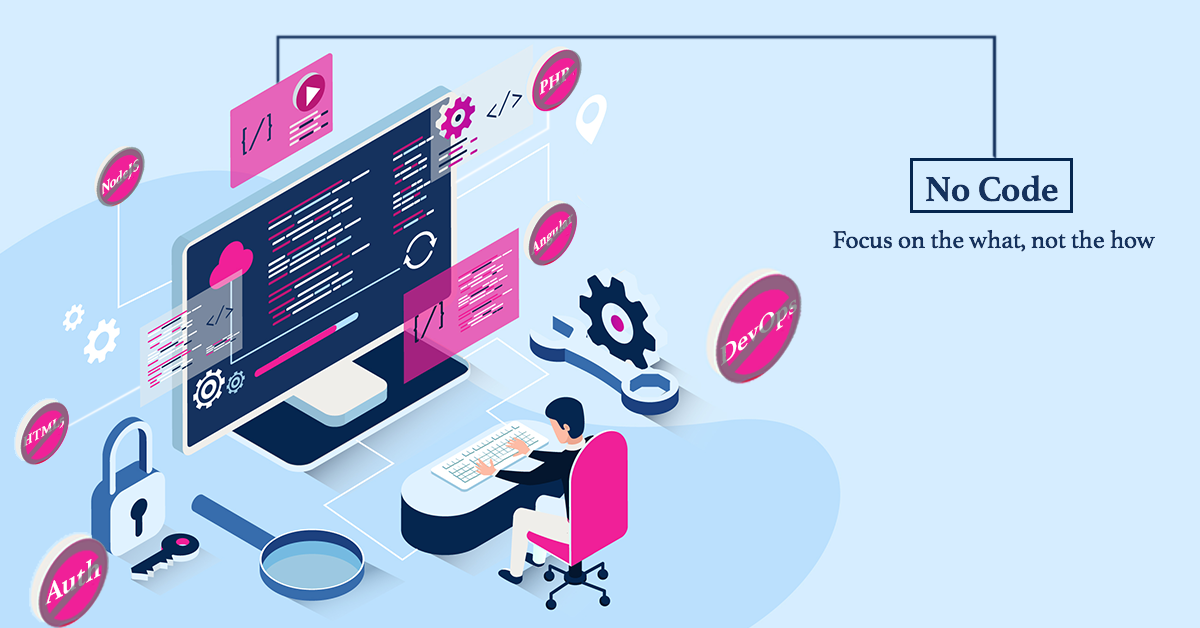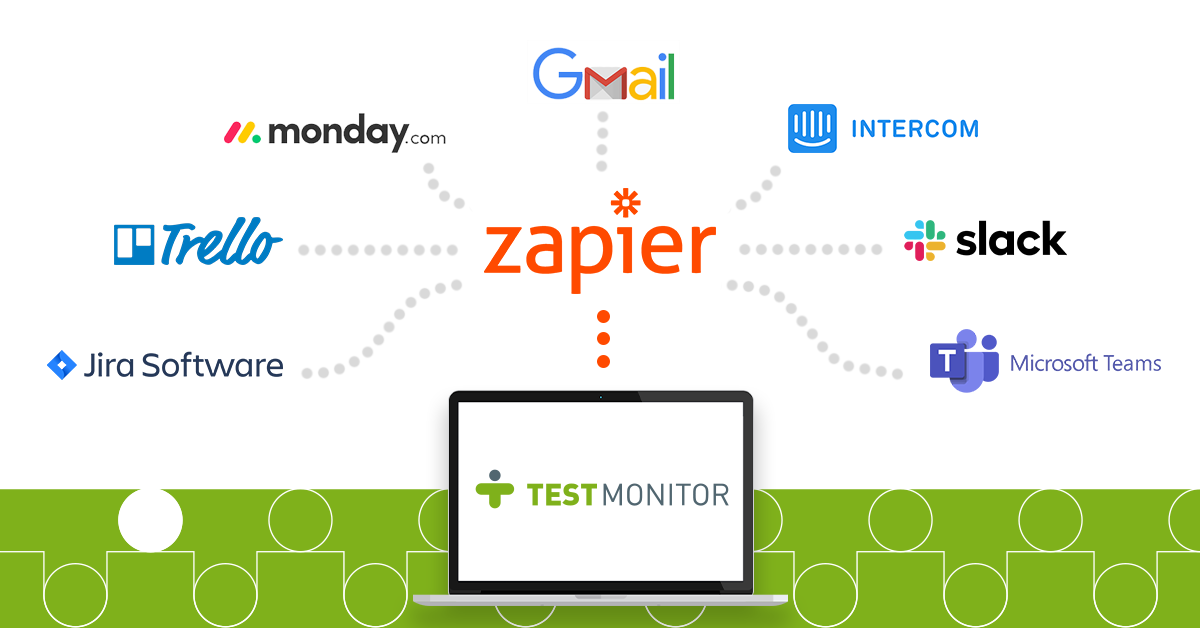The Rise of Low-Code/No-Code Platforms: What Does It Mean for Developers?
 Ashish Bhangale
Ashish Bhangale
In recent years, low-code and no-code platforms have been gaining a lot of attention in the tech world. These platforms allow people to build software applications with minimal coding or, in some cases, without writing any code at all. This is great news for businesses and non-technical users, but what does it mean for developers? Are these platforms a threat or an opportunity for software engineers? Let’s explore.
What are Low-Code and No-Code Platforms?
Low-code platforms: These allow developers to build applications by using a visual interface with pre-built templates, components, and drag-and-drop features. Developers may still write some code, but it’s much less than traditional coding.
No-code platforms: These are designed for non-developers, enabling them to create software by simply dragging and dropping components without any need to write code. It’s as simple as building a website using a tool like Wix or WordPress.
Both platforms help businesses develop software more quickly and reduce the dependency on technical skills, which brings both benefits and concerns for the developer community.
Why Are Low-Code/No-Code Platforms Rising?
Low-code/no-code platforms are rising because they solve a big problem: the growing demand for software. Every business, whether it’s a small startup or a large corporation, needs apps, websites, and tools to operate efficiently. However, there’s a shortage of skilled developers, and building custom software takes time.
Low-code and no-code platforms speed up this process by enabling businesses to build software faster and at a lower cost. Instead of waiting months for a development team, non-technical users (like business analysts or managers) can build what they need in a few days or weeks.
A popular example is Airtable, a no-code platform that allows users to create databases and workflow systems without any coding skills.
What Does It Mean for Developers?
Now, the big question: Are low-code and no-code platforms a threat to traditional software developers? The short answer is no—at least, not yet. These platforms are tools that make development faster and more accessible, but they can’t replace everything that developers do. Here’s how they impact the developer role:
1. Focus on Complex Tasks
Low-code/no-code platforms are great for simple tasks like building basic websites, dashboards, or internal tools. However, when it comes to complex systems—like those that require custom integrations, advanced algorithms, or high-level security—developers are still essential.
For example, a company might use a low-code platform to build an employee management tool, but they would still need a developer to integrate it with their existing systems or to create custom features.
2. Speeding Up Development
One of the biggest benefits for developers is that low-code platforms can speed up their workflow. Instead of spending hours writing boilerplate code or setting up infrastructure, developers can use these platforms to handle the basics and then focus on the more complex and creative parts of a project.
For example, platforms like OutSystems or Mendix allow developers to create apps faster by automating repetitive tasks, like database setup or API integrations. This frees up more time for developers to work on more valuable tasks, like optimizing the app or adding new features.
3. New Opportunities for Collaboration
Low-code and no-code platforms open up new ways for developers to collaborate with non-technical teams. Now, instead of developers being the only ones who can build tools, business teams can create basic apps on their own and work together with developers to improve or extend those apps. This leads to faster innovation and a better understanding between technical and non-technical teams.

Real-World Example: How Zapier Empowers Non-Developers
A great real-world example is Zapier, a no-code automation platform that allows users to connect different apps (like Gmail, Slack, Google Sheets, and more) to automate workflows. For instance, a marketing team can set up an automation to add new leads from a form to a CRM system, without needing a developer to write a single line of code.
While Zapier allows non-developers to handle these simple automations, developers still play a role in building the core apps that Zapier connects to. This shows how no-code platforms can enhance productivity without taking away the need for skilled developers.
What Should Developers Do?
As low-code and no-code platforms continue to rise, developers should look at them as tools rather than threats. Here’s how developers can stay ahead:
Learn to Work With Low-Code Tools: By understanding these platforms, you can use them to your advantage, speeding up your work and delivering solutions faster.
Focus on Specialization: Developers should focus on more advanced areas that no-code platforms can’t reach, such as artificial intelligence, cloud computing, or cybersecurity.
Embrace Collaboration: By working closely with non-technical teams who use these platforms, you can help them build better solutions while ensuring that complex tasks are still handled by skilled developers.
Conclusion
The rise of low-code and no-code platforms is reshaping the software development landscape, but it’s not the end of traditional coding. These platforms help speed up simple tasks and empower non-developers, but developers remain essential for complex, custom, and large-scale applications. By embracing these tools and focusing on areas where their expertise is needed, developers can thrive in this new era of software development.
Low-code/no-code is a tool in the developer’s toolkit, not a replacement for skilled engineers. So, as a developer, it’s time to adapt and use these platforms to your advantage!
Subscribe to my newsletter
Read articles from Ashish Bhangale directly inside your inbox. Subscribe to the newsletter, and don't miss out.
Written by

Ashish Bhangale
Ashish Bhangale
I am a dedicated web developer with a strong focus on Java and a keen interest in AWS and cloud computing. Currently pursuing my MCA, I am driven by a passion for exploring emerging technologies and solving complex problems. As an aspiring software engineer, I am committed to leveraging my skills to create impactful solutions. In addition to my technical pursuits, I enjoy writing blogs on technology, sharing insights, and contributing to the tech community. My goal is to blend my technical expertise with a love for communication to foster a deeper understanding of technology.